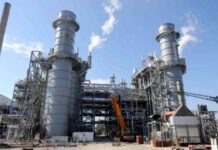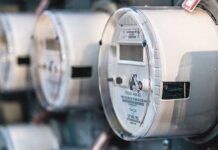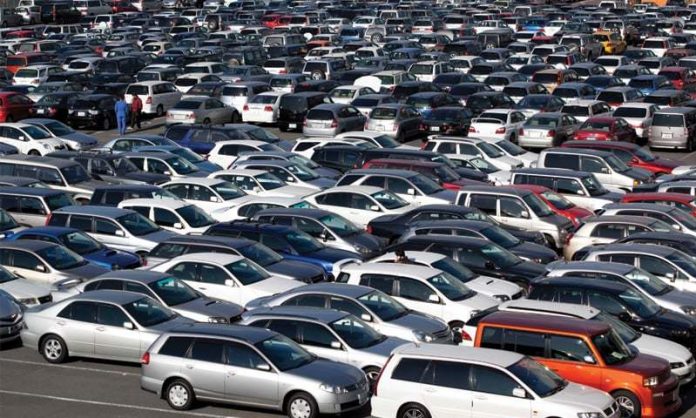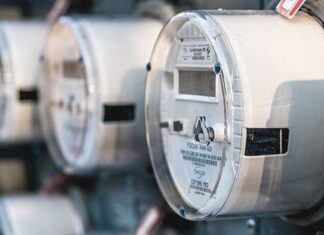KARACHI: The payment for imported used cars is made through dubious ‘hawala channel’, which has been cited as one of the reasons that has endangered Pakistan to be put on the Financial Action Task Force (FATF) list.
According to a report presented during an auto workshop in Muzaffarabad, payment to purchase imported used cars is made through the murky hawala or hundi channel. The imported used cars business is also criticised for draining dollars from the country’s already beleaguered foreign exchange reserves.
However, more importantly, it has helped to dig a bigger hole for the country’s potential FATF listing. FATF greylisting shows that a country has flawed anti-money laundering regimes, that imply that it has not done enough against terror financing. If a country fails to address the grievances of the international community, it is then blacklisted. The threat of being blacklisted, according to experts, is real.
During the last one year, a total of 79,000 units of used cars were imported. According, to the report, an average imported vehicle costs around Rs1.3 million which means that Rs107.2 billion are contributed to the black economy since the sale of imported used cars is not taxed, so the payments made for it remains undocumented.
“We have time and again requested the government to allow us to commercially import vehicles. It would broaden the tax base and all of the financial dealings related to the import of used cars will be documented,” said, All Pakistan Motor Dealers Association (APDMA) Chairman HM Shahzad.
Shahzad added that a custom duty is being paid on the import of used vehicles which land in Pakistan with proper documentation.
However, he reiterated that APDMA has also sent a proposal for the Budget Policy 2018-19 to the government regarding the import of used cars and has requested to allow dealers to commercially import cars along with other things.
He added that if commercial import of used cars was allowed, the importers would buy dollars from the market to pay their import bill and saving the State Bank of Pakistan’s foreign exchange reserves.
“Local assemblers are brazenly increasing car prices. There’s no one questioning them. Moreover, they don’t even have a capacity to deliver the huge demand for cars and consumers have to wait for the delivery of cars for after making payment upfront,” Shahzad said.
He added that Suzuki and Honda were now looking to follow Toyota in increasing car prices, which according to Shahzad is exploitation of the market.























